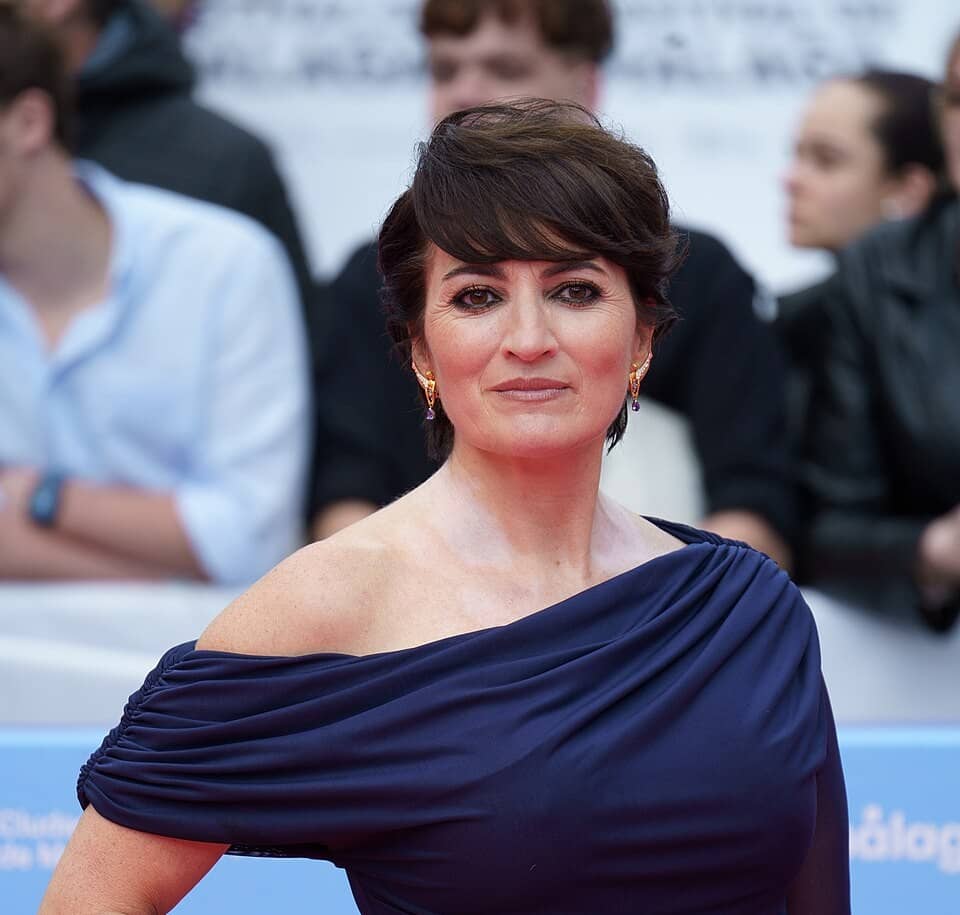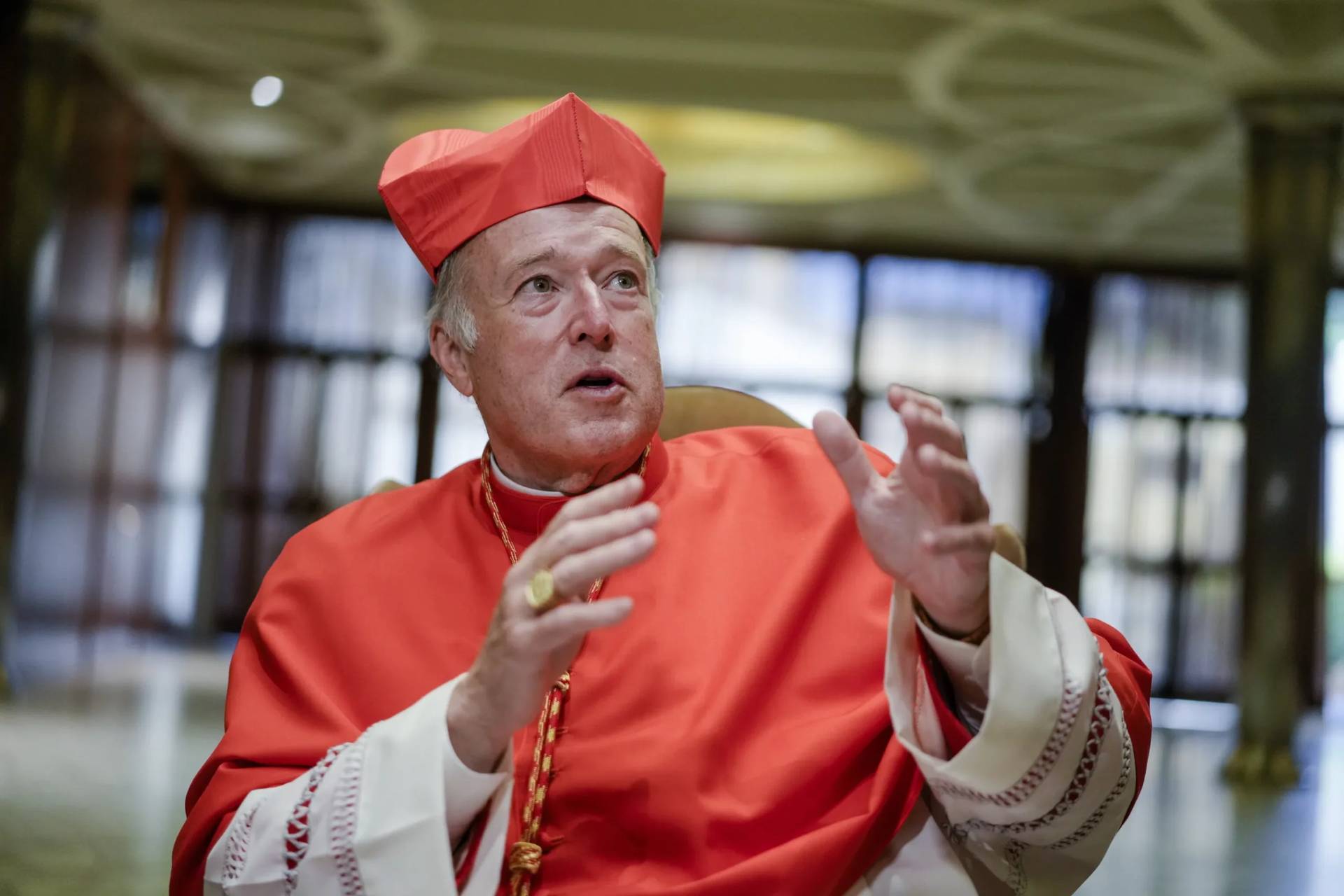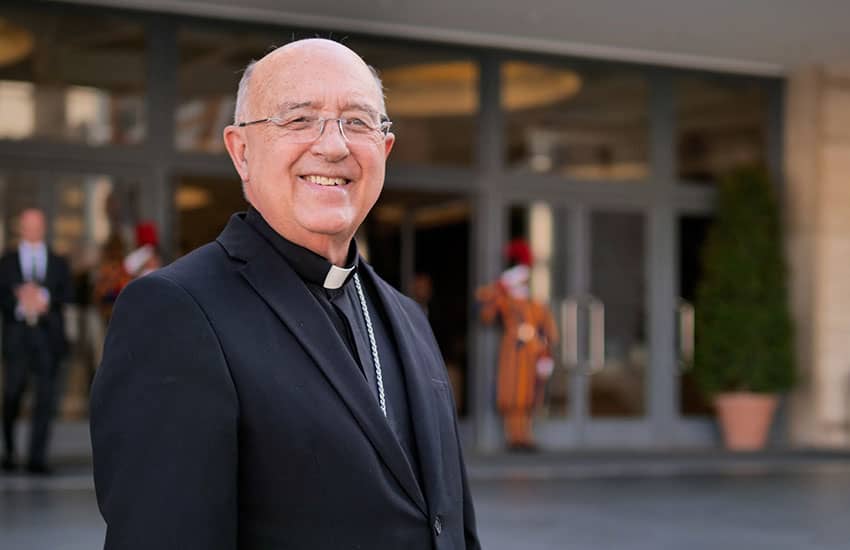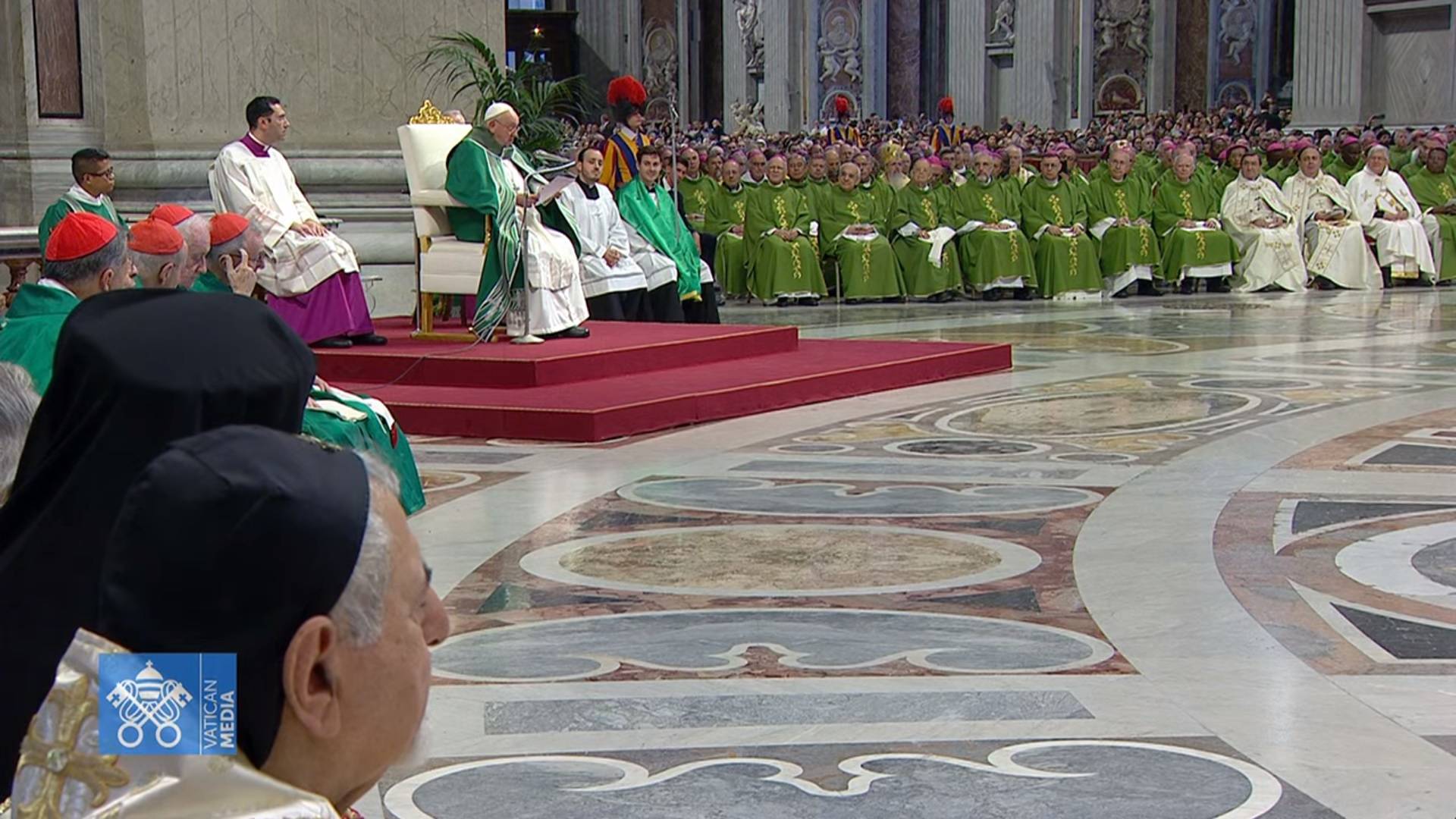ROME – On the eve of his highly anticipated Synod of Bishops on Synodality, Pope Francis joined other Christian leaders in praying that the event will be a unifying process free from ideological and polarized division.
Speaking during a Sept. 30 ecumenical prayer vigil in St. Peter’s Square, Francis prayed that the synod would be “a kairós of fraternity, a place where the Holy Spirit will purify the Church from gossip, ideologies and polarization.”
“As we approach the important anniversary of the great Council of Nicaea,” which took place in 325, “let us ask that we may know how, like the Magi, to worship in unity and in silence the mystery of God made man, certain that the closer we are to Christ, the more united we will be among ourselves,” he said.
Saturday’s vigil was organized by the Taizé Community ahead of the Oct. 4 opening of the Synod of Bishops on Synodality, which will close Oct. 29 and is the first of two Rome-based gatherings closing the synod process, the second of which will take place in October 2024.
Earlier that morning, before presiding over the consistory in which he created 21 new cardinals, Pope Francis held private meetings with the Ecumenical Patriarch of Constantinople, Bartholomew I; the Archbishop of Canterbury, Justin Welby; and Syrian Orthodox Patriarch of Antioch Ignatius Aphrem II, and their delegations.
The three religious leaders were in Rome to attend Saturday’s prayer vigil, held in St. Peter’s Square and which faithful from various confessions were invited to attend.
A multi-stage process that opened in October 2021 and which has unfolded at the diocesan, national, continental and now universal levels, the synod is titled, “For a Synodal Church: Communion, Participation, Mission,” and has drawn controversy over certain discussion topics, such as women’s priestly ordination, priestly celibacy, blessings for same-sex couples and broader outreach to the LGBTQ+ community.
Francis in his address at the prayer vigil thanked the various church leaders and representatives present, saying, “Let us walk together, not only Catholics, but all Christians, all of the baptized, the whole People of God, because only the whole can be the unity of all.”
He reflected on the importance of silent prayer, saying the discipline of silence “is important and powerful: It can express unspeakable sorrow in the face of misfortune, but also, in moments of joy, a gladness that goes beyond words.”
Silence “is essential to the life of a believer,” he said, as it lies at the beginning of Jesus’s earthly existence, in the manger, and at the end of it, on the cross.
“In a world full of noise, we are no longer accustomed to silence; indeed sometimes we struggle with it, because silence forces us to face God and ourselves. Yet it lies at the foundation of the word and of life,” he said.
Francis insisted that “truth does not need loud cries to reach people’s hearts,” and that even in scripture, “God does not like declarations and shouting, gossiping and noise: rather, he prefers, as he did with Elijah, to speak in the ‘still small voice,’ in a ‘thread of resounding silence.’”
Christians, the pope said, “need to free ourselves from so much noise in order to hear his voice. For only in our silence does his word resound.”
Silence is also essential for the life of the Church, he said, saying that silence in the ecclesial community “makes fraternal communication possible, where the Holy Spirit draws together points of view.”
“To be synodal is to welcome one another like this, in the knowledge that we all have something to share and to learn, gathering together to listen to the Spirit of truth in order to know what the Lord is saying to the churches,” the pope said.
Francis said observing silence “enables true discernment” through an attentive listening to the Holy Spirit’s “sighs too deep for words,” which he said often echo in a hidden way “within the People of God.”
“Therefore, let us ask the Holy Spirit to bestow the gift of listening on the participants of the Synod,” he said.
Pope Francis said silence is also important on the journey of Christian unity, calling it a “fundamental” aspect of prayer, and insisting that “ecumenism begins with prayer and is sterile without it.”
“Jesus himself prayed that his disciples ‘may all be one,’” he said, saying, “The silence that is prayer enables us to accept the gift of unity as Christ wills it…by the means he chooses, not as the fruit of our own efforts and according to purely human criteria.”
The more one turns to God in prayer, the more God “purifies us and unites us beyond our differences,” he said.
Pope Francis noted that he will give seeds to each of the religious leaders present in a symbolic gesture, saying the seeds represent “the different gifts bestowed by the Holy Spirit on the various traditions: it is up to us to sow them, in the certainty that God alone brings about the growth.”
These seeds, he said, “will be a sign for us, who are called in turn quietly to die to selfishness in order, through the action of the Holy Spirit, to grow in communion with God and in fraternity among ourselves.”
Francis closed his address praying that just as “the wise men from the East were led to Bethlehem by a star, so may the heavenly light guide us to our one Lord and to the unity for which he prayed.”
Follow Elise Ann Allen on X: @eliseannallen














